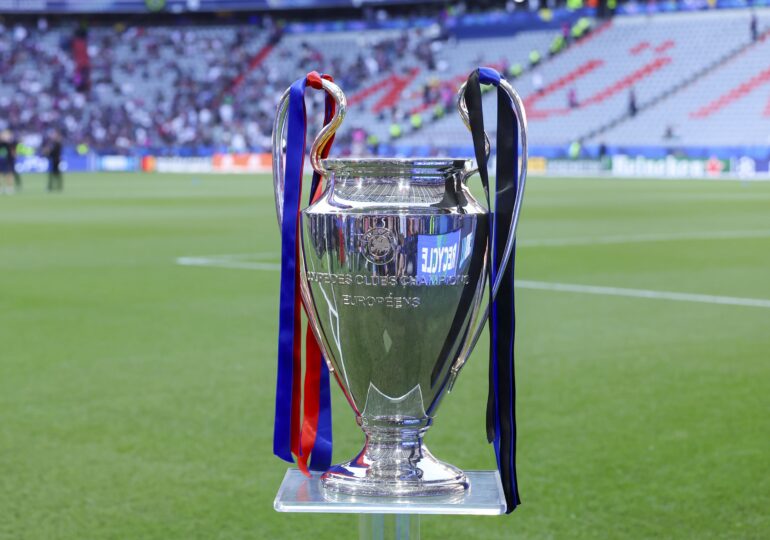UEFA has received a final proposal for the European Super League project, which would involve a dramatic change to the current format of the Champions League.
According to the Spanish daily El Mundo Deportivo, cited by Goal, the project has been kept secret for the past eight months, with UEFA, supporters of the Super League A22 Sports Management, and the powerhouse clubs Barcelona and Real Madrid engaging in secret negotiations to reach an agreement that could end the football civil war.
Since the infamous Super League fiasco of 2021, tensions between UEFA and the elite clubs in Europe have continued to simmer. But now, after seven rounds of secret meetings, some of which took place even at UEFA's headquarters in Nyon, Switzerland, both parties are finally moving towards a compromise. The goal? A revised European competition that keeps UEFA in charge, satisfies the financial ambitions of the major clubs, and prevents the resurgence of a rebel Super League, formed by just a few exclusive clubs, as reported by One for Eleven.
The most recent and likely final proposal from the Super League includes two revolutionary ideas aimed at gaining UEFA's approval. Namely, a free global streaming platform that would make top European football accessible to fans everywhere, and a revised competition structure that mirrors the Champions League but promises more exciting and significant matchups from day one.
The free streaming service, named UNIFY, would offer both ad-supported options and premium choices, providing global access to every match while keeping viewing costs low. It is hailed as a modern approach that prioritizes fans and could revolutionize football broadcasts, bringing in higher revenues and broader coverage than existing TV contracts.
Regarding the format itself, according to the proposal, the Champions League would retain its name but have a new and bold look. The current structure with 36 teams would remain unchanged but divided into two separate groups, each with 18 clubs. The top 18 clubs, ranked by UEFA coefficients, would face off in eight initial matches against other top teams. At the same time, the bottom 18 clubs, ranked between 19th and 36th, would play their own eight matches, a mix of competitive and balanced encounters determined by draw. Qualification for the main stage would still be based on national league performances, maintaining the relevance of domestic competitions.
The knockout stages will also undergo a transformation. The top eight teams from the elite group will automatically qualify for the round of 16. The other 16 spots will be filled following a dramatic playoff round, where the teams finishing ninth in Group 1 will face lower-ranked teams from Group 2 in a series of matches that promise to be explosive, with winner takes all. Once the round of 16 begins, the structure will follow the familiar path of eliminations until the grand final.
D.A.

